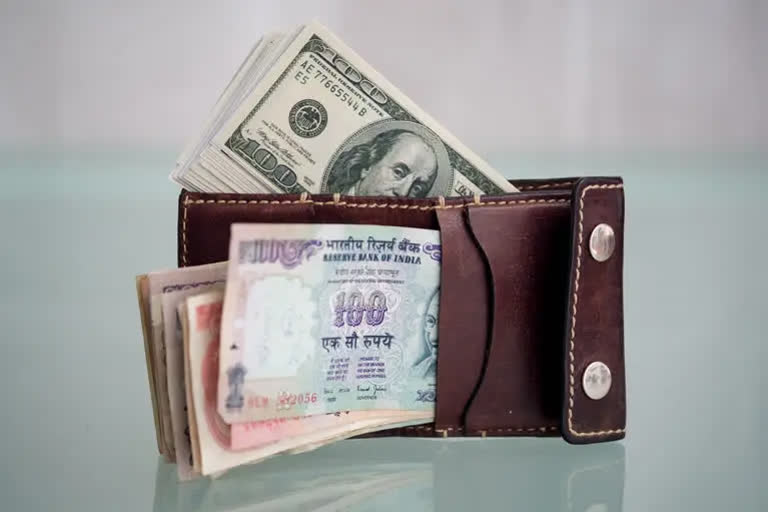New Delhi: India’s large corporates have been sluggish in increasing wages despite a significant improvement in their cash flows and consequent deleveraging during the last two financial years, showed analysis by a rating agency, suggesting that muted salary hikes of the employees could impact the consumption demand if the inflationary pressures remain high.
It may lead the economy into a vicious circle as a sustained weak demand would limit the ability of corporates to pass on price increases to end-consumers, affecting their top line and hence their earnings before interest, taxes, depreciation, and amortization (EBITDA) generation.
According to an assessment of the profitability of large corporate and salary hikes given by them during the last two-three years, the muted real wage growth since which the country witnessed since FY 2019-20, the year before the Covid-19 pandemic struck the world, is expected to remain low in the next 12-to-18 months.
Moreover, it could turn negative in the medium term, driven by elevated inflationary pressures and the constrained ability of most businesses to provide a considerable wage hike. “In the backdrop of this, the agency expects broad-based consumption demand to remain sluggish, although the higher end of consumption demand will remain healthy,” India Ratings said in a statement sent to ETV Bharat.
Real purchasing power to remain under pressure
The gap between wholesale prices measured as the wholesale price index (WPI) and retail prices measured as the consumer price index (CPI) has significantly widened compared to that in the past 10 years. It indicates that the inflation which is borne at the producer level has not been fully passed on to consumers.
Although the composition and weights in the two indices, the WPI and the CPI, are different, a dipstick analysis validates the view that wholesale inflation has not yet been fully passed to the consumers. India Ratings believes that corporates will continue to pass through the burden of high cost in a staggered manner, given the uncertain operating environment.
“This will keep the inflationary pressures in the economy undiminished. This will further suppress the household purchasing power. On the other hand, weak demand will limit the ability of corporates to pass on elevated costs, and they might resort to a further reduction in cost,” said the agency.
Household consumption supported by cheap loans
According to the analysis, the current situation suggests that the easy access to consumer finance is in a way helping to substitute a portion of muted income growth, therefore balancing the purchasing power and propensity to consume by way of leveraged consumption. The rising household debt is reflected by the average jump in the personal loan growth of 15.8% and credit card transaction value growth of 26% in the last two financial years.
Although the surge in credit card outstanding is partly due to moving to a non-cash economy along with the formalization of the economy, if the hike in employee pay is not sufficient to counter the inflationary pressure, the household balance sheet would start deteriorating.



